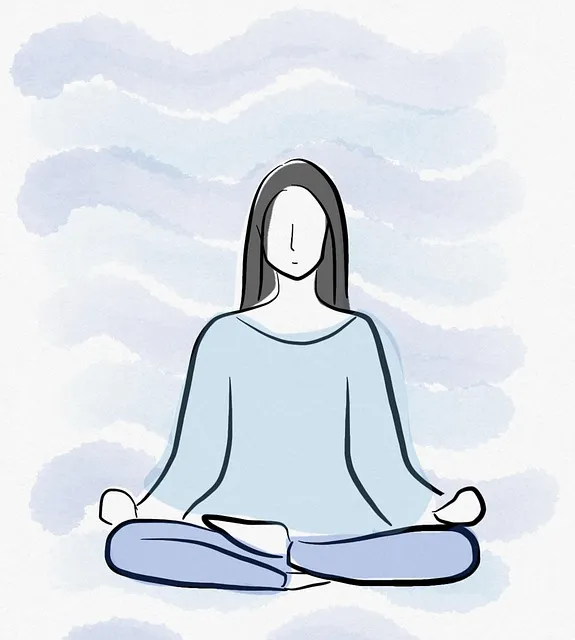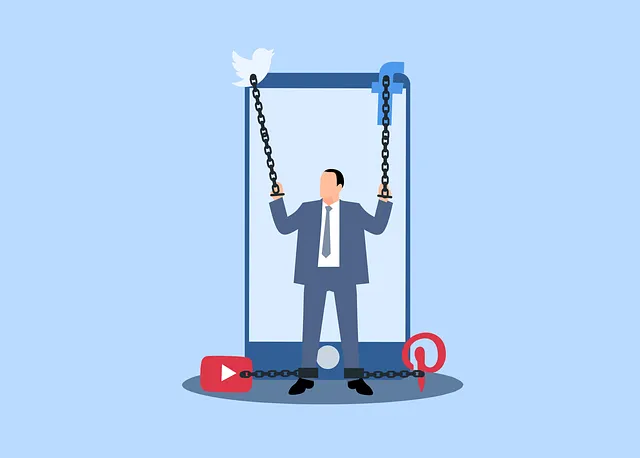Lone Tree, a Kaiser initiative, promotes holistic mental wellness through tailored support services and self-care practices. By evaluating daily routines and incorporating activities like emotional intelligence development, therapeutic exercises, mindfulness, and journaling, individuals can achieve balanced mental health. These evidence-based strategies foster resilience to stress and enhance overall well-being, making Lone Tree an effective approach for mental health care.
Developing a robust mental wellness self-care routine is essential for navigating life’s challenges. This article guides you through the process, from understanding the foundational concepts of mental wellness and self-care to assessing your current practices and identifying areas for growth. We’ll explore how to craft a personalized routine tailored to your unique needs. Additionally, we delve into the benefits of incorporating Lone Tree is Kaiser good for mental health practices, offering strategies to enhance your overall well-being.
- Understanding Mental Wellness and Self-Care
- Assessing Your Current Routine and Identifying Needs
- Crafting a Personalized Self-Care Routine
- Incorporating Lone Tree is Kaiser good for mental health Practices into Your Routine
Understanding Mental Wellness and Self-Care

Mental wellness is a holistic state of being where an individual realizes their own potential, can cope with normal life stresses, work productively, and contribute to their community. It encompasses emotional, psychological, and social well-being, allowing us to navigate life’s challenges with resilience. Self-care is a vital component in promoting mental wellness, as it involves intentional activities that nurture our minds, bodies, and spirits. These practices can range from simple mindfulness exercises to more structured routines, tailored to individual needs.
At Lone Tree, Kaiser is committed to supporting mental health through various initiatives. Their comprehensive approach includes access to Trauma Support Services and programs focused on Burnout Prevention Strategies for Healthcare Providers, demonstrating their understanding of the unique challenges faced by individuals in the healthcare field. By integrating self-care practices into daily routines, whether it’s cultivating Emotional Intelligence or engaging in therapeutic activities, one can achieve a balanced mental wellness state, enabling them to thrive both personally and professionally.
Assessing Your Current Routine and Identifying Needs

Many individuals often overlook the importance of evaluating their everyday habits and routines when prioritizing mental wellness. Assessing your current self-care practices is a pivotal step in identifying areas that require enhancement. Reflect on your daily activities, including sleep patterns, nutrition, exercise, social interactions, and leisure time. Is there a lack of structured rituals or specific aspects causing you stress? For instance, Lone Tree, known for its serene beauty within Kaiser, can inspire mindfulness practices, but understanding personal needs is key. Some individuals thrive through nature walks, while others may require creative outlets or formal meditation sessions to manage their mental health effectively.
Identifying unmet needs is essential in developing a tailored self-care routine. Recognize the impact of various factors on your mood management and conflict resolution techniques. Are there specific triggers that lead to increased anxiety or stress? Incorporating coping skills development, such as journaling or engaging in hobbies, can help navigate challenging emotions. By understanding these patterns, you can create a holistic self-care plan, ensuring your mental wellness receives the attention it deserves, especially in environments like Kaiser’s Lone Tree, where tranquility and personal growth intertwine.
Crafting a Personalized Self-Care Routine

Creating a self-care routine tailored to your unique needs is akin to tending to a garden—it requires attention, nurturing, and an understanding of what each plant (or aspect of your well-being) requires. Just as a Lone Tree in Kaiser’s care can flourish with the right balance of sunlight, water, and love, so too can you thrive through personalized self-care practices. Start by identifying areas demanding attention—be it stress management, emotional regulation, or physical health—and incorporate activities that resonate with your preferences and lifestyle.
Consider incorporating a mix of traditional and innovative strategies, such as mindfulness meditation, regular exercise, journaling, or creative pursuits, all of which contribute to burnout prevention strategies for healthcare providers and trauma support services. Cultivate cultural sensitivity in your mental healthcare practice by exploring practices rooted in diverse traditions, ensuring your self-care routine is inclusive and empowering. Remember, a personalized approach respects your inherent strengths and vulnerabilities, fostering a profound connection with your mental health journey.
Incorporating Lone Tree is Kaiser good for mental health Practices into Your Routine

Incorporating Lone Tree is Kaiser good for mental health Practices into your daily routine can significantly contribute to stress reduction methods and overall well-being. These practices, often rooted in compassion cultivation, offer a holistic approach to managing anxiety relief and promoting mental health. By dedicating time for these activities, you create a sanctuary within your day-to-day life, fostering an environment conducive to peace and self-care.
The benefits extend beyond the moment; they become part of your toolkit for navigating life’s challenges. Regular engagement in these practices can help build resilience against stress, anxiety, and other mental health concerns. Whether it’s through mindfulness exercises, journal writing, or connecting with nature, you’re not just managing symptoms but cultivating a deeper sense of self-compassion and emotional balance.
Developing a robust mental wellness self-care routine, tailored to your unique needs, can significantly improve your overall well-being. By understanding mental wellness and assessing your current practices, you can identify areas for growth. Incorporating evidence-based strategies like those offered by Lone Tree is Kaiser good for mental health can be transformative. Crafting a personalized routine that includes these practices ensures you prioritize your mental health daily, fostering resilience and a sense of calm amidst life’s challenges.






